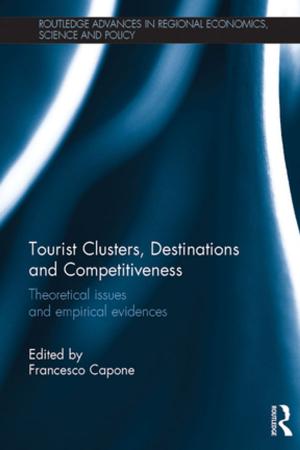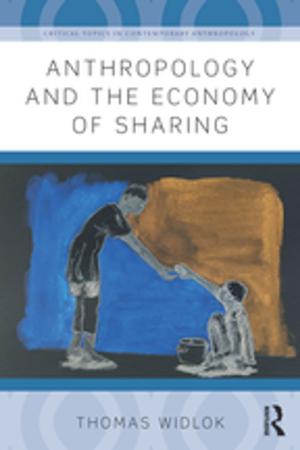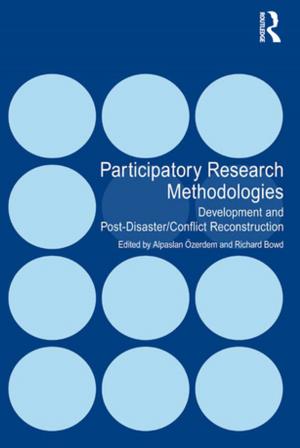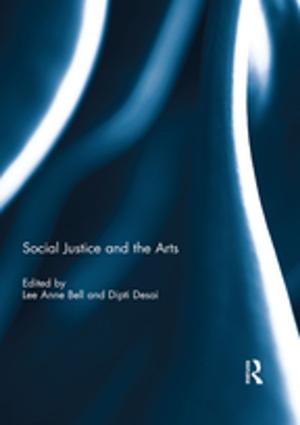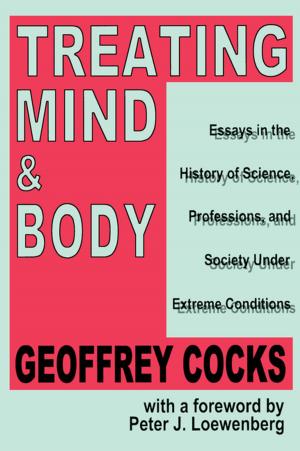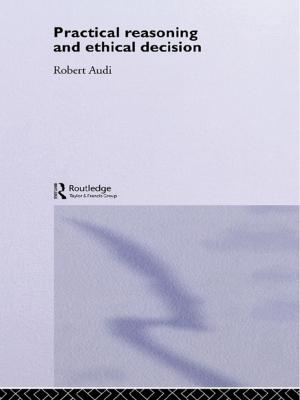ReNew Town
Adaptive Urbanism and the Low Carbon Community
Nonfiction, Social & Cultural Studies, Political Science, Politics, City Planning & Urban Development| Author: | Andrew Scott, Eran Ben-Joseph | ISBN: | 9781136580307 |
| Publisher: | Taylor and Francis | Publication: | February 1, 2013 |
| Imprint: | Routledge | Language: | English |
| Author: | Andrew Scott, Eran Ben-Joseph |
| ISBN: | 9781136580307 |
| Publisher: | Taylor and Francis |
| Publication: | February 1, 2013 |
| Imprint: | Routledge |
| Language: | English |
ReNew Town puts forth an innovative vision of performative design and planning for low-carbon sustainable development, and illustrates practicable strategies for balancing environmental systems with urban infrastructure and new housing prototypes.
To date, much of the discourse on the design of sustainable communities and ‘eco-cities’ has been premised on using previously undeveloped land. In contrast, this book and the project it showcases focus on the retrofitting and adaptation of an existing environment – a more common problem, given the extent of the world’s already-built infrastructure.
Employing a ‘research through design’ model of inquiry, the book focuses on large-scale housing developments – especially those built around the world between the 1960s and the early 1980s – with the aim of understanding how best to reinvent them. At the center of the book is Tama New Town, a planned community outside Tokyo that faces a range of challenges, such as an aging population, the deterioration of homes and buildings, and economic stagnation.
The book begins by outlining a series of principles that structure the ecological and energy goals for the community. It then develops prototypical solutions for designing, building and retrofitting neighborhoods. The intent is that these prototypes could be applied to similar urban conditions around the world.
ReNew Town is the product of a collaborative design research project at the Massachusetts Institute of Technology (MIT) School of Architecture and Planning, and Japan’s Sekisui House LTD.
ReNew Town puts forth an innovative vision of performative design and planning for low-carbon sustainable development, and illustrates practicable strategies for balancing environmental systems with urban infrastructure and new housing prototypes.
To date, much of the discourse on the design of sustainable communities and ‘eco-cities’ has been premised on using previously undeveloped land. In contrast, this book and the project it showcases focus on the retrofitting and adaptation of an existing environment – a more common problem, given the extent of the world’s already-built infrastructure.
Employing a ‘research through design’ model of inquiry, the book focuses on large-scale housing developments – especially those built around the world between the 1960s and the early 1980s – with the aim of understanding how best to reinvent them. At the center of the book is Tama New Town, a planned community outside Tokyo that faces a range of challenges, such as an aging population, the deterioration of homes and buildings, and economic stagnation.
The book begins by outlining a series of principles that structure the ecological and energy goals for the community. It then develops prototypical solutions for designing, building and retrofitting neighborhoods. The intent is that these prototypes could be applied to similar urban conditions around the world.
ReNew Town is the product of a collaborative design research project at the Massachusetts Institute of Technology (MIT) School of Architecture and Planning, and Japan’s Sekisui House LTD.

